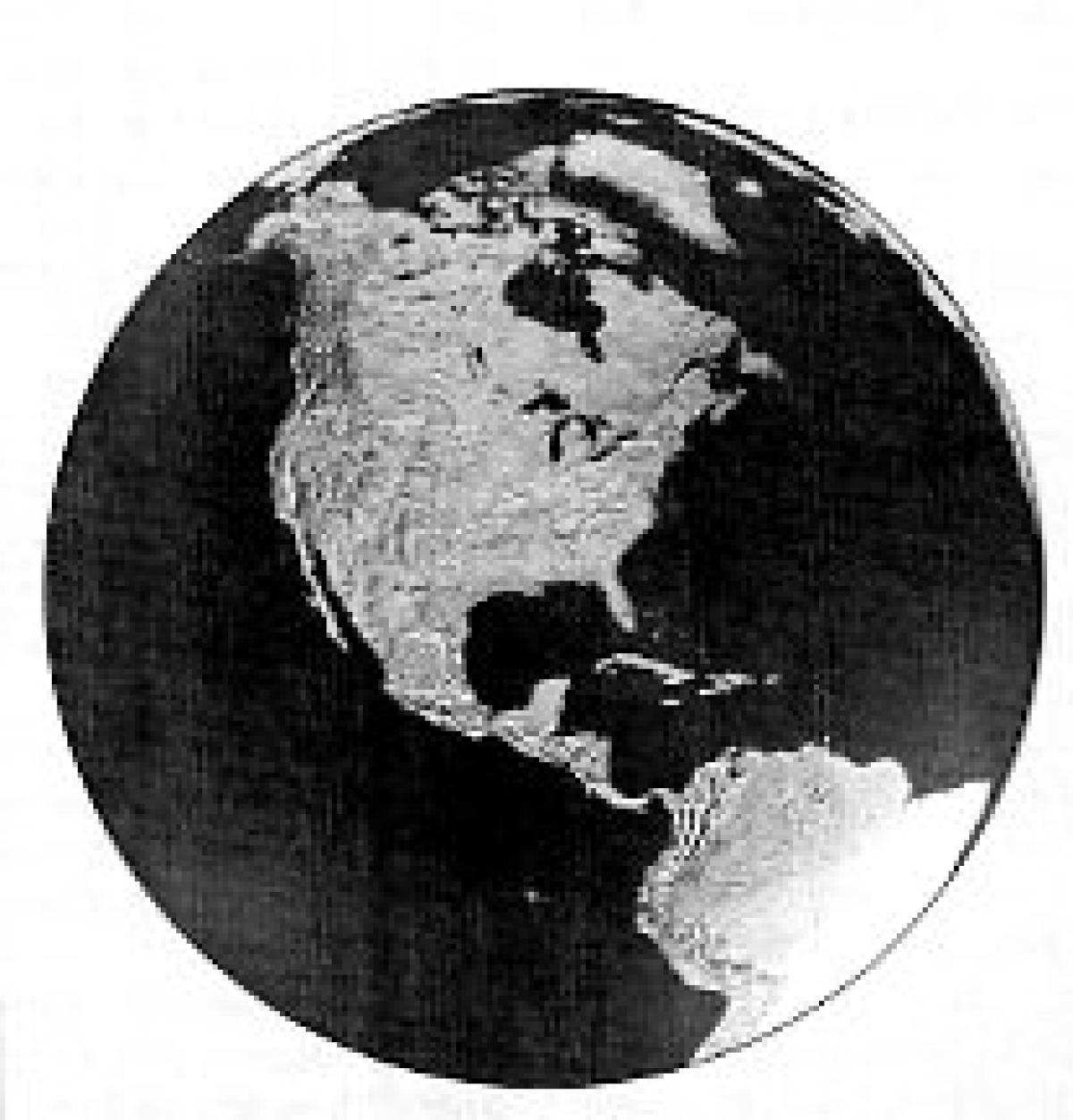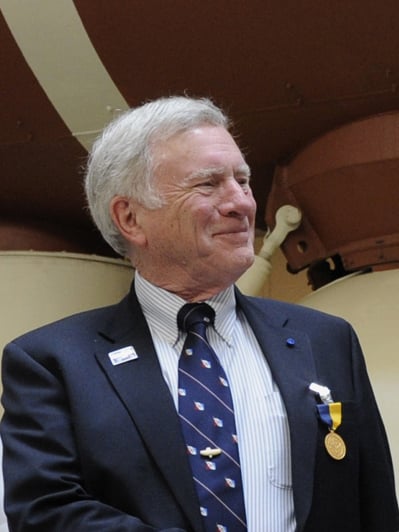In case you haven't heard, 1998 is "The International Year of the Ocean" (YOTO). It was created in 1994 by a resolution of the U.N. General Assembly. It urged member states to develop national programs that will come under the umbrella of YOTO in 1998. The United States got on board in 1997 when the House of Representatives—but not the Senate—passed a resolution of proclamation.
U.N. planning for YOTO began in 1993 with a resolution passed by the Intergovernmental Oceanographic Commission (IOC). The United Nations stated the overall objective of YOTO is: "To focus and reinforce the attention of the public, governments, and decision-makers at large on the importance of the oceans and the marine environment as resources for sustainable development."
The Paris-based IOC is part of the United Nations' Education, Scientific and Cultural Organization (UNESCO). Its membership represents almost all of the coastal nations in the world. Its primary role is to coordinate, facilitate. and report on international marine research.
Several other U.N. agencies with ocean-related responsibilities have joined in the YOTO festivities. For example, the Rome-based Fish and Agriculture Organization, Nairobi-based United Nations Environmental Programme, and Geneva-based World Meteorological Organization are participating in YOTO. In addition, the London-based International Maritime Organization, which is concerned with marine safety and ship-origin ocean pollution problems, has come on board.
The 1998 program offers a broad menu of activities, ranging from straightforward scientific conferences to special trips on board cruise ships. It is too soon to determine whether most of these activities are new, or just have been renamed to fit into the YOTO framework. Probably a bit of both. A program or project coming under the YOTO umbrella will give these activities much higher visibility with their sponsors, funding agencies, and general public. Also, such large international efforts as this generate political awareness in parliaments throughout the world. In the perfect scenario, this leads to increased national investments in oceanographic research—which is needed urgently today.
In the United States, initial planning for YOTO began in early 1997 at the National Oceanic and Atmospheric Administration (NOAA) in the Department of Commerce. Since that time, the Department of State gradually has taken a leading role for the U.S. participation. Interagency coordination is being done through the "Ocean Principals Group" which represents federal agencies with ocean-related responsibilities. NOAA is doing a series of 14 ocean-related study papers, to provide a federal perspective on problems facing the government. These are currently in the interagency review process.
The White House is on board. It is planned that the major U.S. event will be a "White House Conference on the Oceans" to be held in the summer of 1998.
The U.S. congressional YOTO project has been the "Oceans Act of 1997" which will create a presidential commission to review and assess national ocean programs and then suggest national ocean policy directions. The Act passed the Senate and now awaits House action.
In the private sector, the H. John Heinz III Center for Science, Economics, and the Environment has played a major role. It has contracted with NOAA to help develop outside-government support for YOTO. It also has invested its own funds to pay for a series of three national workshops to do indepth examinations of U.S. interests in a better understanding of the oceans, sustainable coasts, and healthy marine fisheries.
A major focal event of YOTO is the Expo '98 fair in Lisbon, Portugal, this coming summer. The theme is: "Oceans: A Heritage for the Future." Many U.N. members will have their national pavilions built in a world ocean theme. The U.S. pavilion will be a $6-8 million investment. A series of special scientific and technical meetings would run concurrently with the fair.
Two important, related questions are:
- Can the United Nations make a difference?
- Is the International Year of the Oceans really worth doing?
The answer to both is a qualified yes. No other organization occupies this sort of moral high ground in international events. The U.N. imprimatur on the International Year of the Ocean gives it a legitimacy and visibility that could not be gained by any single nation or international advocacy group. Yes, the international bureaucracy is painfully slow, often ineffective, and suffers from anemic funding. However, it does some of its best work with ad hoc events such as YOTO. Yes, the United Nations can make a difference.
Even if YOTO fails to meet most of its expectations, it will have been worth doing. Recognition by the United Nations of the importance of the oceans is a major step forward. In the past, the United Nations has not been concerned greatly with this 70% of our planet's surface area. Perhaps this is because few of the world's population live out there, though 80% do live within 60 miles of a coastline.





